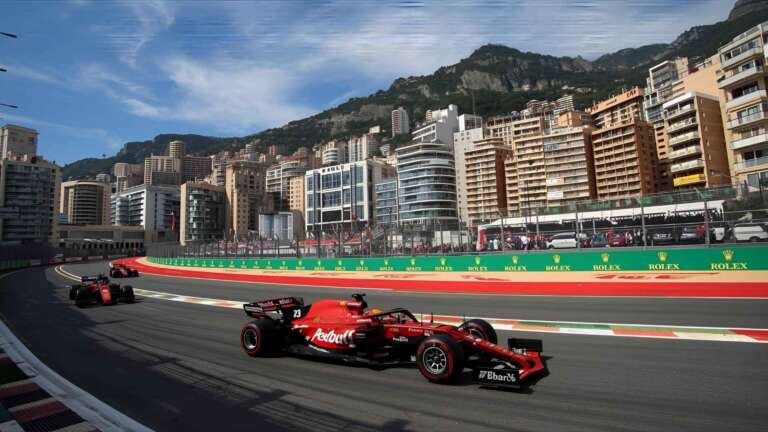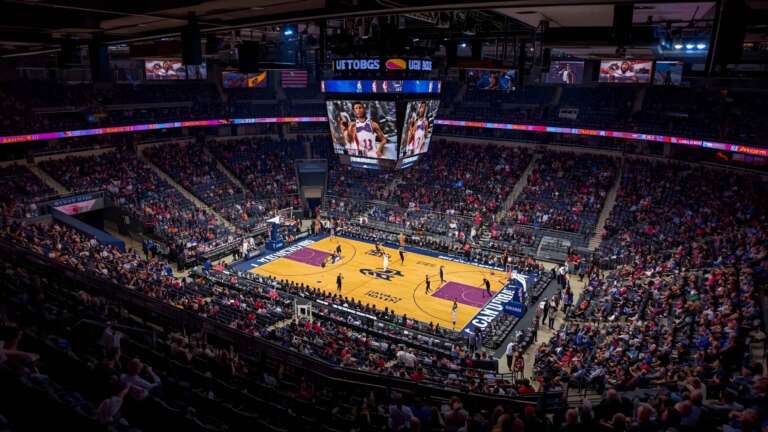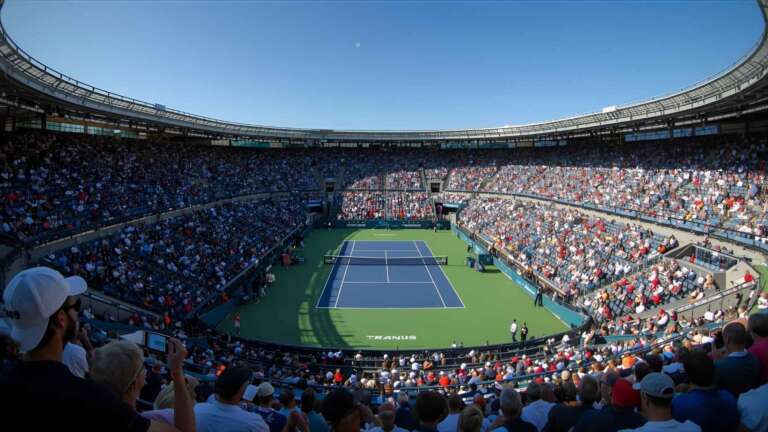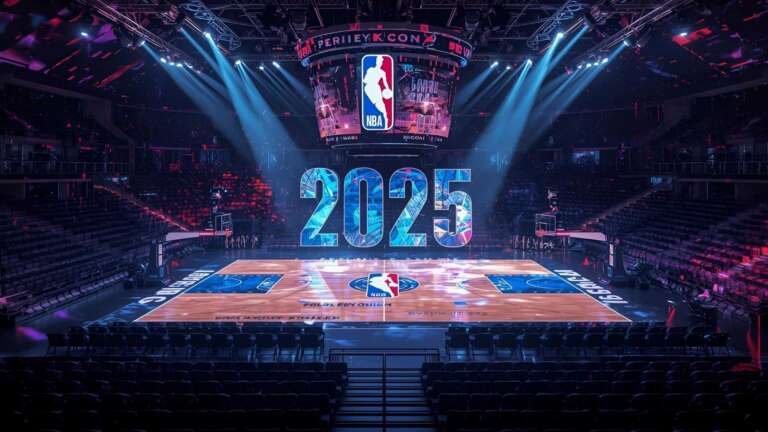Once dismissed as “just video games,” esports has grown into a billion-dollar industry with professional leagues, international tournaments, and millions of viewers. But can esports truly rival traditional sports as the future of entertainment?
The Rise of Esports
Games like League of Legends, Counter-Strike, and Dota 2 fill arenas, while streaming platforms attract audiences rivaling the Super Bowl. Young fans in particular are driving this growth, creating a cultural shift in how we define “sport.”
Why Esports Works
It breaks barriers—anyone with a console or PC can dream of going pro. It’s global, accessible, and appeals to a digital-native generation. Sponsorships, media deals, and even Olympic discussions show esports is no passing fad.
Challenges Ahead
Skeptics argue that esports lacks the physical element of traditional sports, making it less universally relatable. Concerns over burnout, mental health, and game publishers’ control also raise questions about its long-term structure.
A Parallel Future
It may not replace football, basketball, or cricket—but it doesn’t have to. Instead, it’s carving its own lane, appealing to millions who find just as much thrill in watching digital battles as they do in physical ones.
👉 The question isn’t whether esports will rival traditional sports—it’s how both worlds will coexist in shaping the future of global entertainment.
The Evolution of Fan Traditions Around the World









